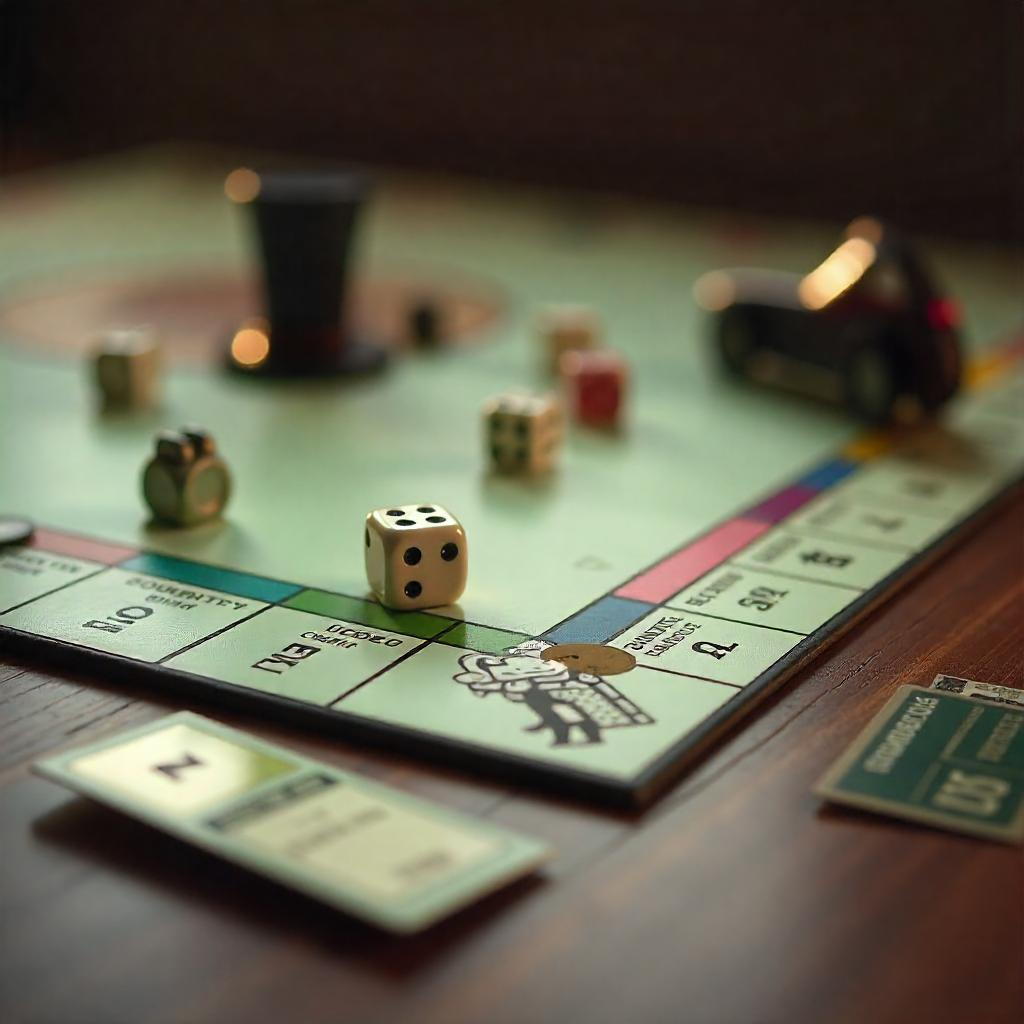5 Hidden Business Lessons in Monopoly for Kids
Many successful entrepreneurs can trace their confidence back to something they achieved between the ages of 10 and 16—a moment when they felt capable, independent, and proud of figuring something out on their own.
That’s right. The seeds of entrepreneurial thinking—like risk-taking, strategy, negotiation, and creative problem-solving—often begin in childhood. And one of the simplest ways to nurture those skills? Play.
Take Monopoly, for example. What might look like just another family game night is actually a subtle course in entrepreneurship. With every property bought or deal made, your child is learning how money works—and how to think like a business owner.
In today’s post, we’ll show you how Monopoly can teach your child the building blocks of business and how to turn playtime into a surprisingly rich learning experience—without them even realizing they’re learning.

1. Risk and Reward: Making Strategic Decisions
At the heart of Monopoly is decision-making.
- Do I buy Railroad now, even though it leaves me with only $200 in cash?
- Should I invest in houses or wait and save?
These are the same types of questions entrepreneurs ask themselves every day: How do I balance investment with financial risk? How do I grow without going broke?
Playing Monopoly helps children see how choices have consequences — both good and bad. And unlike in real life, they can afford to learn these lessons with play money and a smile.
2. Negotiation and Communication
One of the most underrated parts of Monopoly is the art of the trade. Kids learn how to negotiate: how to offer, how to counter, and how to find a deal that benefits both sides.
This is pure entrepreneurial training. Running a business is rarely a solo act — it involves partnerships, deals, persuasion, and communication. Watching your child figure out how to swap utilities for a red property can be the early version of a business pitch.
3. Resource Management
Entrepreneurs learn quickly that money doesn’t last forever. Monopoly drives this lesson home.
Children learn to manage cash flow, make tough spending choices, and plan ahead. Do they upgrade a property now or hold onto cash in case they land on someone else’s hotel? These little decisions teach kids to think about budgeting, saving, and return on investment — all key skills in entrepreneurship.
4. Learning from Failure (Without Fear)
Monopoly is full of ups and downs. One minute you’re cruising around the board collecting rent, and the next you’re in jail or paying a huge hotel fee on Park Place.
And that’s a good thing.
Games give kids a safe space to fail. When they go bankrupt in Monopoly, they might be frustrated — but they also learn to try again, play differently, and make smarter choices next time. It builds resilience and the mindset to keep going — something every entrepreneur needs.
5. Seeing Opportunity
Eventually, kids start to spot patterns. They notice which properties bring in steady returns, when to buy and when to pass, and how to build a quiet monopoly with low-cost properties that no one was paying attention to.
In short, they learn to see opportunity where others don’t — a skill that can serve them for life.
Play a Game of Monopoly
Pull out that dusty Monopoly box or use your laptop, tablet, or whatever works for your family, and carve out some time to play a game with your child today — even if you don’t finish the whole thing.
As you play, watch how they make decisions, negotiate trades, and handle wins or setbacks. Let it be fun, not forced. And when the game’s over (or everyone’s had enough), ask a simple question: “What do you think you learned from playing today?”
You might be surprised by what they say — and what they noticed. Sometimes the best lessons happen when we’re not trying to teach them.